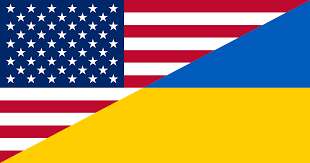- Islamabad
- 41°C
- Today ( Friday, 13 June 2025)
Disparities in EU Wages
While European Union (EU) labor regulations prioritize individual working conditions, labor rights, information access, anti-discrimination measures, and job security, the landscape of salaries and wages across member states exhibits notable variations. Factors such as labor laws, demand, inflation, and others contribute to the diverse wage structures observed. According to Eurostat's 2022 data, the average annual wages across EU member states ranged significantly, from €106,839.33 in Switzerland to €12,923.66 in Bulgaria. The top-paying countries in 2022 included Switzerland (€106,839), Iceland (€81,942), Luxembourg (€79,903), Norway (€74,506), and Belgium (€70,297). In contrast, the nations with lower average wages were Bulgaria (€12,923), Romania (€14,500), Croatia (€17,842), Hungary (€18,274), and Poland (€18,114). These disparities underscore the influence of diverse economic factors on wage structures within the EU. While robust labor regulations ensure certain standards, the wide range of average wages highlights the complexity of aligning salary levels across the union. As EU member states continue to navigate these variations, ongoing discussions about harmonizing economic conditions remain essential for fostering a more equitable labor market.
-
As the eagerly awaited February 8 elections approach, the Election Commission of Pakistan (ECP) has issued a directive to all political parties, emphasizing the "mandatory" requirement of 5% representation of women candidates on general seats. In an order released on Sunday...
-
In the realm of literature, few names resonate as profoundly as William Shakespeare, the playwright whose timeless dramas have endured centuries and continue to captivate audiences worldwide. His works, a tapestry woven with intricate plots, profound characters, and unparallel...
Get Newsletter
Subscribe to our newsletter to get latest news, popular news and exclusive updates.



























Facebook Comments